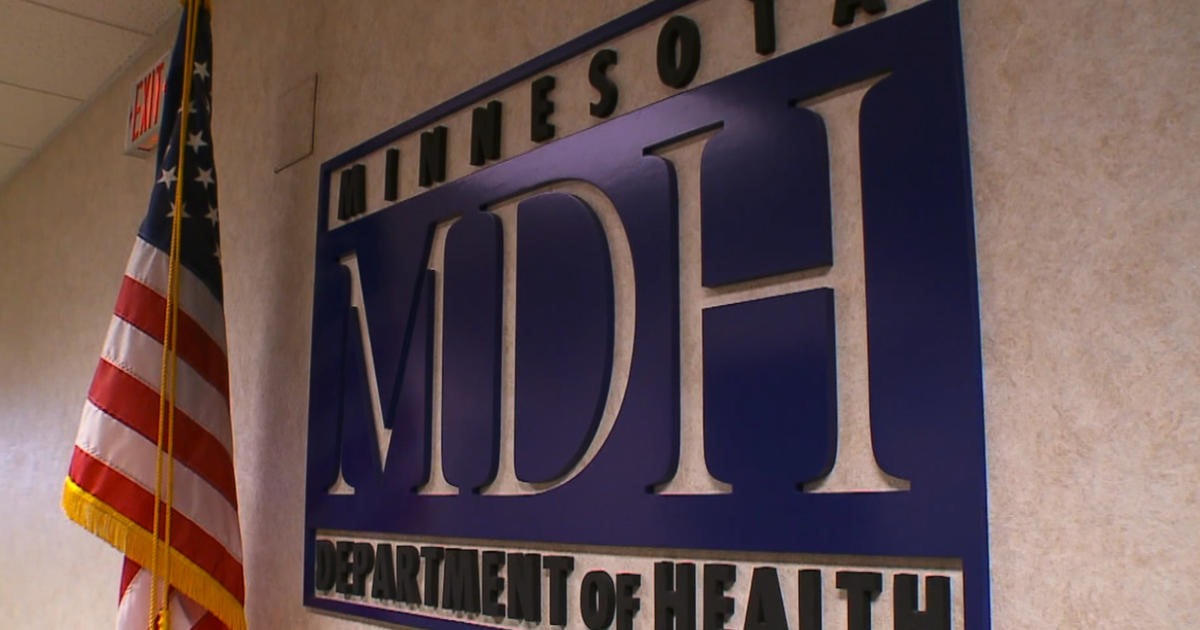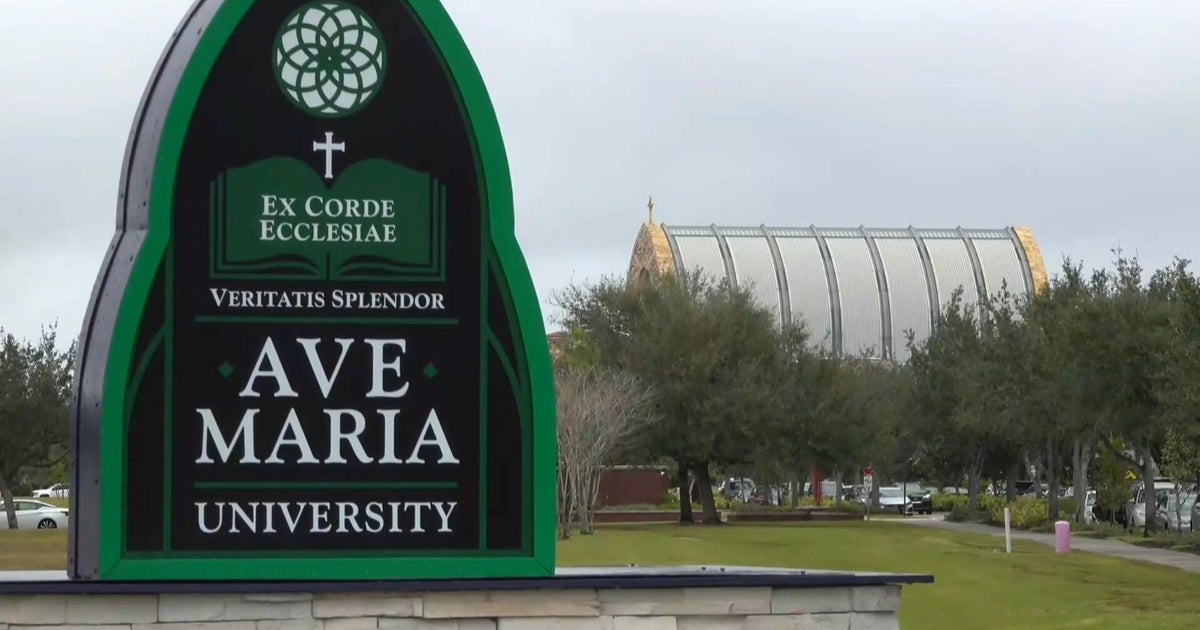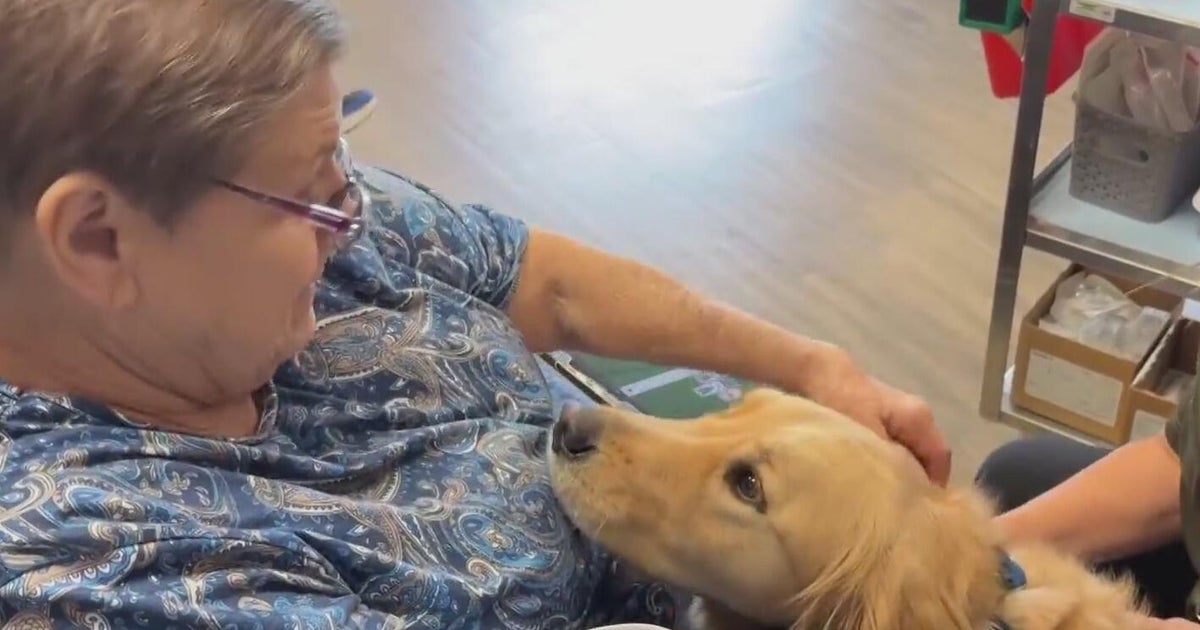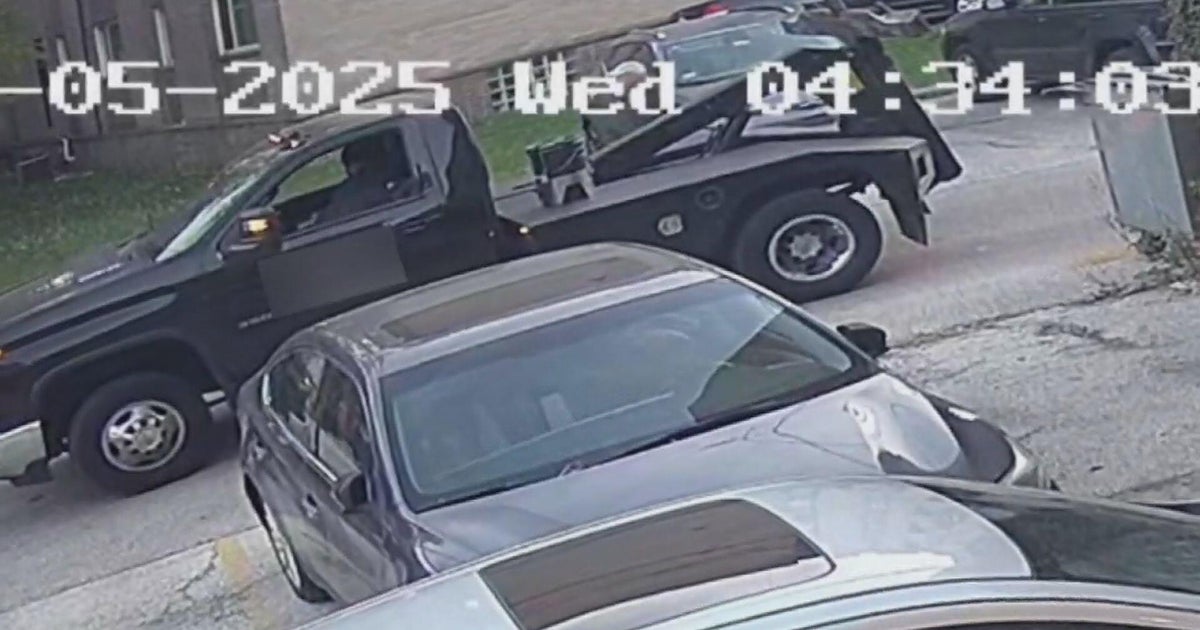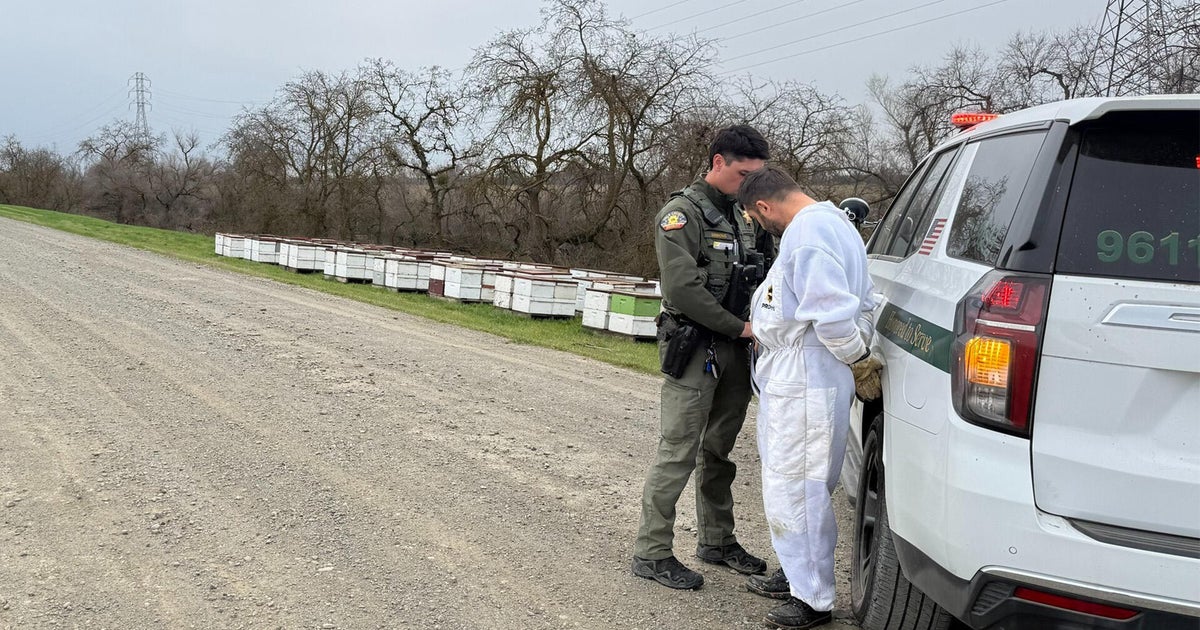Coronavirus Update: Recovered Patients Still Testing Positive For Traces Of Virus, Raising Concerns About CDC Guidelines
PORT WASHINGTON, N.Y. (CBSNewYork) – Many recovered coronavirus patients are returning to their jobs are essential workers, and others are reuniting with their families.
However, some are still testing positive for traces of COVID-19. Does that mean they can spread the virus?
Long Island mom Diana Berrent was one of New York's earliest coronavirus patients and is now among the first plasma donors.
"I am fully cleared of the virus, I have the antibodies in my system," Berrent told CBS2's Carolyn Gusoff.
Berrent, who founded "Survivor Corps," is troubled that traces of the virus are turning up in other survivors long after they thought they were all clear.
CORONAVIRUS PANDEMIC
- Resources, Hotlines, Unemployment & Covering Bills
- Remote Learning Tools For Parents Teaching At Home
- Ask Dr. Max Your Health Questions
- How Make Your Own DIY Face Mask
- How To Safely Remove Disposable Gloves
- Complete Coronavirus Coverage
Julie Thaler recovered and followed the Centers of Disease Control and Prevention's criteria to discontinue isolation. When she tried to donate her plasma, she still tested positive.
"I was told that I needed still to isolate," she said.
After being asymptomatic for two weeks, trace virus cells were still detected. Thaler was advised, "If you sneezed, you could infect [others]."
That's raising the concern in the survivor community: Does CDC guidance go far enough?
The agency's protocol for leaving isolation after recovering at home calls for 72 hours with no fever, improving respiratory issues and seven days since the first symptoms.
"They're connecting with their children, they're connecting with their spouse. Unknowingly, they could be infecting the people that they love," said Thaler.
CORONAVIRUS: NY Health Dept. | NY Call 1-(888)-364-3065 | NYC Health Dept. | NYC Call 311, Text COVID to 692692 | NJ COVID-19 Info Hub | NJ Call 1-(800)-222-1222 or 211, Text NJCOVID to 898211 | CT Health Dept. | CT Call 211 | Centers for Disease Control and Prevention
Dr. Lawrence Shulman, chief medical officer at Pro-Health Care, told Gusoff traces of the virus do not necessarily mean the person is still contagious.
"You can be infectious when you're sick – first eight days, fever, coughing. Virus shedding can continue, even though we are not sure as you go farther and father from your acute illness how much infectivity that viral shedding still has."
That's why the doctor says it's important to cover your face and practice exceptional hand hygiene within the first few weeks of recovery. He says the science is not yet definitive.
"Right now it's a little bit vague, and the teacher is better safe than sorry, be careful," Shulman said.
Berrent asked if the jury is still out, why is the guidance not more conservative?
"I think the guidelines we are given from the CDC are woefully inadequate. Seventy two hours is just not enough," she said. "We could face a massive wave of re-infection."
The CDC guidance is evolving, and more widely available testing for recovered patients would take much of the guesswork out of it, Gusoff reported.
